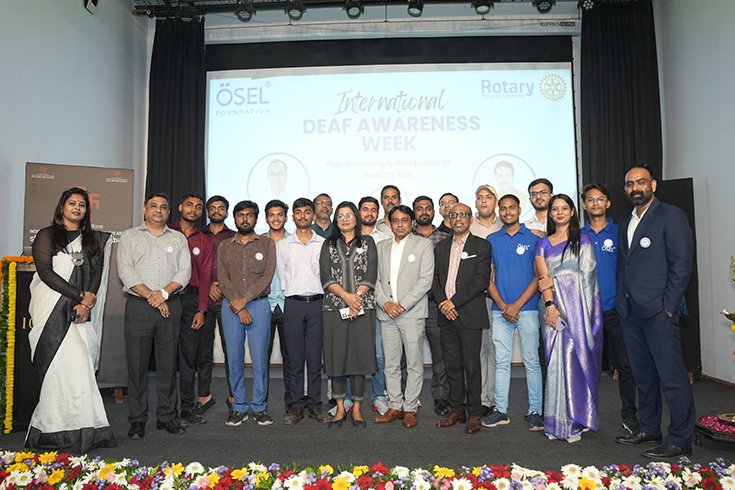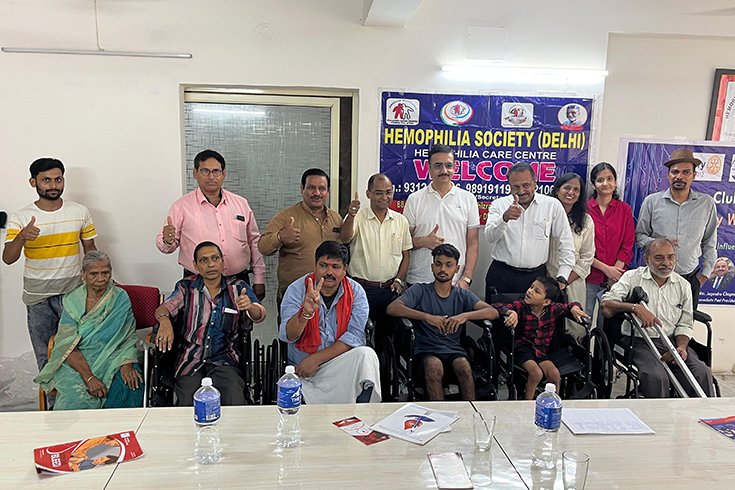Hypertension
(HTN) is one of the most common non-communicable diseases worldwide, affecting
both developed and developing countries, including India. It is a leading risk
factor for cardiovascular diseases (CVDs), such as heart attacks and strokes,
which account for nearly one-third of all deaths in the country.
In India, it
is estimated that one in four adults has hypertension. However, only around 12%
of those with high blood pressure have it under control. The latest data from
the National Family Health Survey (NFHS-5) indicates that 21% of women aged 15
and above have hypertension, compared to 24% of men in the same age group.
Alarmingly, only 12% of women and 9% of men have been diagnosed by a doctor or
health professional as hypertensive on two or more occasions.
Hypertension,
often referred to as a "silent killer," remains poorly
controlled in India due to a lack of awareness, inadequate access to primary
healthcare, and poor follow-up care. This is a major concern, as uncontrolled
blood pressure is a significant contributor to cardiovascular diseases.
What is
High Blood Pressure?
Blood
pressure is measured in millimeters of mercury (mm Hg), with two numbers
representing the pressure in the arteries:
- Systolic
pressure (the upper number) measures the pressure when the heart beats.
- Diastolic
pressure (the lower number) measures the pressure when the heart rests between
beats.
A normal
blood pressure reading is around 120/80 mm Hg. A reading of 140/90 mm Hg or
higher is considered high, or hypertensive. If your blood pressure consistently
measures 140/90 mm Hg or more on two or more occasions over the course of a
week, you may be diagnosed with hypertension.
Symptoms
of High Blood Pressure
One of the
most insidious aspects of hypertension is that it often shows no symptoms. This
is why it is referred to as the "silent killer." Many people with
high blood pressure may not feel any different, making it crucial to get your
blood pressure checked regularly, especially if you are at risk.
However,
some individuals with uncontrolled hypertension may experience certain
symptoms, including:
- Headache,
with or without a sensation of heaviness in the head
- Fatigue or
feelings of confusion
- Vision
problems, such as blurred or double vision
- Chest pain
- Difficulty
in breathing
- Dizziness or
vertigo
- Blood in the
urine
- Pounding or
throbbing sensation in the chest, neck, or ears
- Loss of
balance
The
Importance of Awareness and Regular Monitoring
Given the
serious health risks associated with hypertension, raising awareness about the
condition is critical. Regular monitoring of blood pressure is essential for
early detection and prevention of complications like heart disease and stroke.
Unfortunately, many individuals remain unaware of their hypertension status due
to a lack of symptoms, which highlights the need for regular health check-ups.
Remember:
Know your numbers and take control of your health before hypertension takes
control of you!
Happy
Reading Everyone and Be Safe !!












